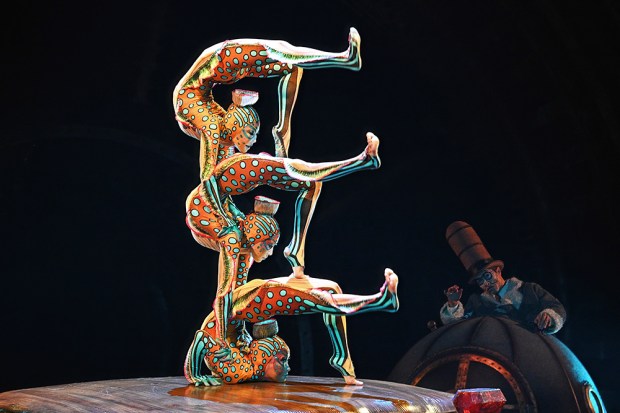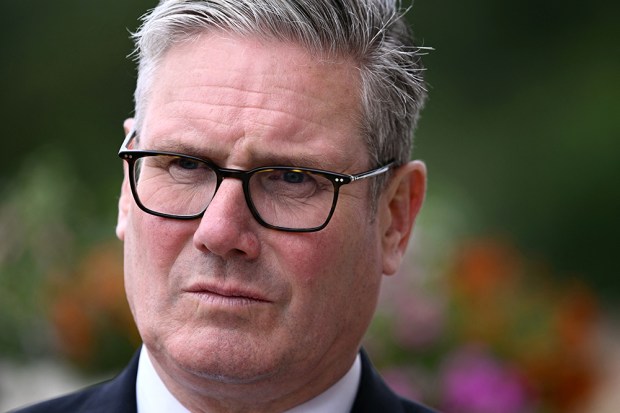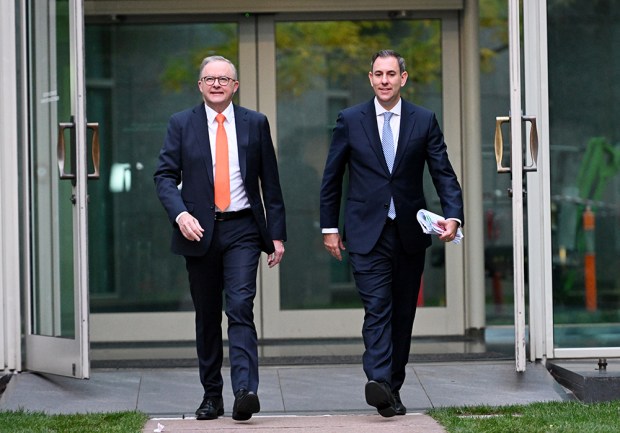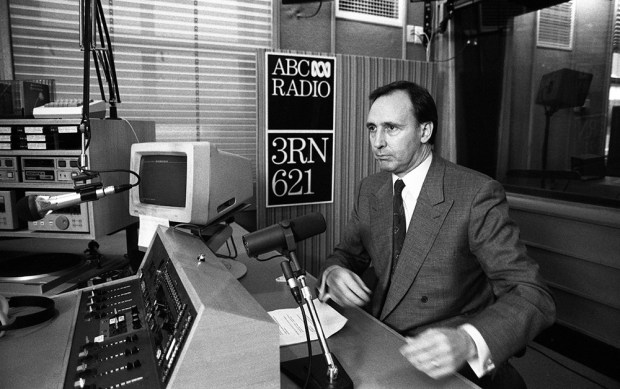I have been reading Alex Ryvchin’s The Seven Deadly Myths. This is a confronting and compelling explanation of the phenomenon of antisemitism. Ryvchin argues that as phobias go, this one is in a class of its own. It is not bound by time nor space. On the other hand, ‘Islamophobia’, that go’-to bête noire of Albanese, Burke et al., does not come within a bull’s roar. There is no yin and yang here. What becomes clear from reading this book is that, in the second half of the twentieth century we were living in the antisemitism equivalent of an interglacial. Now, it seems, it’s back to business as usual. That is a sobering, indeed, sickening thought.
That Jews are treated more harshly than any other group, is exemplified by the global reaction to what is happening in Gaza. The world agonises, and vilifies Israel, over the deaths of some 50,000 civilians in Gaza. At the same time blithely ignoring the deaths of millions over the past decade or so in Africa and the Middle East.
To add some context, during the second world war, the West, as we know it, was fighting for its survival. During that war, it is estimated that some 50 to 70 million people were killed, most of them civilians. Poland alone lost, reportedly, about 5.5 million civilians. The USSR lost somewhere between 5 and 10 million. Germany lost 1.5 to 3 million. Japan did well. It only lost some 800,000. That victory took six years and only finally arrived when 70,000 civilians were killed in two days – 6 and 9 August 1945. The decision to drop the atomic bomb eventually took the lives of reportedly over 200,000 civilians. It was made in order to avoid the US casualties that would ensue from a conventional invasion of Japan. Being civilians didn’t protect the people of Hiroshima and Nagasaki.
Israel, on the other hand, goes to great lengths to protect civilians, putting its own soldiers at great risk. Israel has been fighting for its existence for 75 years. And Arab deaths over this time pale into insignificance compared to the carnage of the second world war.
Rather than wringing their hands and blathering about a two-state solution, world leaders might more usefully, covertly and pragmatically, regard Gaza as a possible circuit breaker, à la Hiroshima. Cynical? Yes, but is that not the stock in trade for ‘world leaders’?
One of the myths Ryvchin explores in his book, is the ‘global domination myth’. On this he writes: ‘Kanye West elevated the practice of identifying counting and outing Jews in positions of prominence in the belief that any multiple of Jews must be engaged in a conspiracy or controlling behaviour to advance their sinful interests at the expense of decent folk. In reality of course most Jews do not know each other and those who do are likely to be separated by political, personal, ethical and other considerations, as are all people. If Jews are represented in certain industries at a greater rate than their percentage of the overall population there may be cultural or historical factors that drew them to certain vocations over others, as occurs with many ethnic groups. The antisemite is quick to identify Jews in unpopular industries, formerly moneylending, now media, finance and entertainment, but rarely credits Jews for being overrepresented in medical research, technology, innovation or philanthropic giving to cancer research and palliative care.’
He left out one field of endeavour. I am a lover of classical music. That is my favourite, but I Iike most genres, and jazz is right up there, although I’m no expert. My wife definitely prefers jazz. That is why Saturday night is America night in our evening musical programme.
Last Saturday night, just before I pulled up stumps, a thought struck me about what I had just listened to. There was a thread running through it. I wonder if you can spot it. We started with Benny Goodman – the king of swing. Goodman is regarded as one of the musicians influential in helping jazz evolve from being strictly dance music to music worthy of a discerning listening audience. It was the start of jazz being recognised as an art form on a par with classical music.
And from Wikipedia: ‘Goodman helped racial integration in America. In the early-1930s, black and white musicians could not play together in most clubs and concerts. In the Southern states, racial segregation was enforced by Jim Crow laws. Goodman hired Teddy Wilson for his trio and added vibraphonist Lionel Hampton for his quartet. In 1939 he hired guitarist Charlie Christian. This integration in music happened ten years before Jackie Robinson broke Major League Baseball’s six-decade-long color line. According to Jazz (Episode 5) by Ken Burns, Lionel Hampton states that when someone asked Goodman why he “played with that n—-r” (referring to Teddy Wilson), Goodman replied, “If you say that again to me, I’ll take a clarinet and bust you across your head with it”.’
Did I mention that Goodman was Jewish?
Next up, last Saturday night was George Gershwin’s Rhapsody in Blue. This has to be one the greatest compositions of the twentieth century, which bridges the gap between classical and jazz. Along with An American in Paris and Cuban Overture.
BTW, did I mention that Gershwin was Jewish?
The performance of Rhapsody was conducted by Leonard Bernstein, himself the composer of West Side Story and Candide.
BTW, did I mention that Bernstein was Jewish?
We followed Gershwin with Aaron Copland’s Appalachian Spring. Copland is probably best known for his Fanfare for the Common Man, but other notable and popular works include Billy the Kid, Rodeo and El Salon de Mexico. It is hard to imagine, when you listen to these works, that Copland imagined himself as anything other than 100-per -cent American. You should check them out.
BTW, did I mention that Copland was Jewish?
By then it was getting a bit late, so we concluded the evening’s entertainment with Phillip Glass – his 4th Symphony. Glass is still with us – he’s 87. According to Wikipedia he is widely regarded as one of the most influential composers of the late-twentieth century. He has written 15 operas, numerous chamber operas and musical theatre works, 14 symphonies, 12 concertos, nine string quartets, various other chamber music pieces, and many film scores.
BTW, did I mention that Glass is Jewish?
That got me thinking about other popular music of the early-twentieth century and names such as Irving Berlin, Jerome Kern, Richard Rodgers and Oscar Hammerstein came immediately to mind. All of them, you guessed it, are Jewish.
And I’ve no doubt you’ve also cottoned onto the thread that struck me. How these supposedly perfidious, villainous individuals have caballed to dominate and corrupt the musical world, in much the same way that Jews throughout the ages have supposedly done to the financial world.
It’s no wonder all those aspiring Muslim composers can’t get a look in. Other than through the distinctly unmusical genre of rap, which is, of course, appropriate since it is ideal for expressing anger.
I can thoroughly recommend The Seven Deadly Myths.
Got something to add? Join the discussion and comment below.
You might disagree with half of it, but you’ll enjoy reading all of it. Try your first month for free, then just $2 a week for the remainder of your first year.













